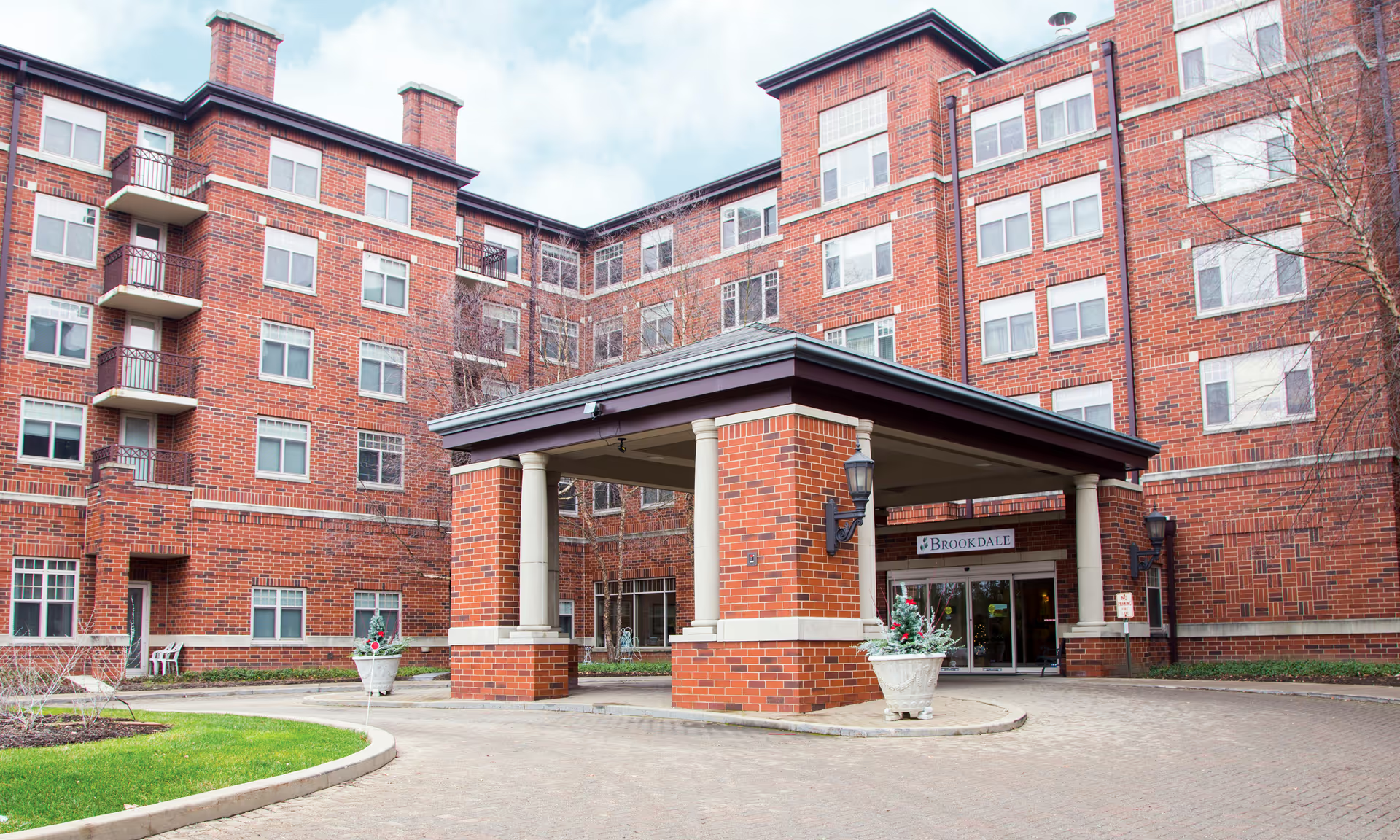Overall sentiment: Reviews for Farmington Hills Inn Assisted Living are strongly mixed, with a substantial number of very positive reports about staff, activities, dining and value, alongside many serious negative reports describing unsafe care, sanitation problems, and administrative or management failures. The dataset shows two clear patterns: (1) many families praise attentive caregivers, a robust activities calendar, good food and value for money; and (2) a separate, recurrent set of complaints highlight clinical and safety lapses (particularly around incontinence care, diabetic management and staffing), odor and cleanliness problems, and troubling management responses. These two threads coexist across reviews, producing a facility profile that can vary dramatically depending on unit, staff on duty, and the particular needs of a resident.
Care quality and clinical issues: The most alarming and frequently repeated clinical concerns center on incontinence care and diabetes management. Multiple reviewers reported urine‑soaked clothing, pervasive urine odor in common areas, and reports of feces left on residents or under nails — all indicating lapses in basic hygiene and timely caregiving. A number of reviewers described insulin misadministration (one report notes insulin being given roughly 45 minutes before meals) and recurring high blood glucose events; families explicitly connected these problems to increased stroke/TIA risk. There are also repeated mentions of poor or absent diabetic diet planning and the absence of an on‑site dietitian/nutritionist. Medication administration errors and the risk of giving another resident’s medication were described in several reviews. Conversely, other reviewers reported satisfactory medication practices and on‑site nursing support, which underlines the inconsistency across shifts/units.
Staffing, behavior and management: Staffing inconsistency is a dominant theme. Many reviews celebrate “wonderful,” “caring” and “attentive” aides, nurses and activities staff (several individuals and the activities director Deedee/DeeDee were singled out by name). At the same time, there are numerous reports of understaffed shifts (particularly nights and evenings), staff sleeping on duty, unresponsive call lights, and aides who appeared apathetic or inadequately trained. Serious safety incidents were described: residents experiencing falls, bruises and carpet burns; one report alleges a resident was locked in a storage closet for hours; other reports claim missing personal items and clothing. Management responses were another point of contention — some families described management as helpful, responsive and supportive during transitions, while others reported denial of issues, untruthful or defensive answers, threats to involve police during complaints, and even allegations that management or owners accessed residents’ finances using POA. Billing surprises (unexpected respite charges) and eviction/abrupt transfer complaints also appear several times.
Facilities, cleanliness and safety: Facility condition and cleanliness receive highly variable ratings. Many reviewers say the building is clean, well maintained and has attractive grounds, a manicured courtyard, accessible patios and open activity rooms. Multiple reviewers compliment the dining room and banquet chef. In contrast, a recurring cluster of reviews describe pervasive urine or sewer odors (sometimes localized to the memory-care unit), stained or nasty carpets, sticky bathroom floors, cups or dishes left out, and other housekeeping lapses. Security and safety concerns are repeatedly mentioned: unlocked side doors, unsecured entry points, wandering residents in memory care, and inconsistent supervision. Some reviewers also describe an institutional or nursing‑home atmosphere — small rooms, twin beds, linoleum floors and dimly lit common rooms — which some families found depressing or not home‑like.
Activities, social life and amenities: One of the facility’s strongest positive themes is its activities program. Many reviews describe a wide range of activities (bingo, arts and crafts, music and live entertainment, exercise classes, church services, outings to movies), and several reviewers credit named staff (DeeDee/Deedee) with successfully engaging residents. Amenities such as a beauty salon, library, private patios, secure courtyards and transportation were also highlighted positively. However, several reviewers noted inconsistent activity leadership (volunteer-led or absent), and some found the assisted living side quiet with residents mostly in their rooms — indicating that the quality and energy of programming vary by unit and day.
Dining and nutrition: Dining is generally a strength in many reviews — multiple mentions of chef-prepared meals, menu options, and residents enjoying the food. Reviewers appreciated three meals a day and dining-room service. That said, dietary management for medical conditions — particularly diabetes — was repeatedly criticized: lack of tailored diabetic menus, inappropriate meal choices for diabetics, and alleged absence of a nutritionist were cited as cause for poor glycemic control.
Memory care and clinical specialization: Opinions about memory care are split. Several reviewers praise the memory-care unit for active programming, secure outdoor areas, an in-house psychologist and attentive dementia-focused staff. Others report serious problems in memory care: sewer‑like smells, wandering, inadequate supervision, unsanitary conditions, and safety incidents. These contradictory reports suggest variability in quality between shifts or wings and indicate that evaluations should be unit-specific.
Administrative issues and communication: Communication and administrative consistency emerge as critical decision points for families. Numerous accounts describe highly helpful admissions staff and tours (Terry, Anna were named positively), straightforward move-ins, and staff that facilitate transitions and financial assistance. Conversely, many families reported poor follow-up after hospital discharges, billing disputes (unexpected respite fees), difficulty reaching nurses after hours, and slow or defensive administrative responses to complaints. A handful of reports allege serious misconduct (financial impropriety, threats, or use of POA) — these are serious red flags reported by reviewers and merit direct verification.
Patterns and practical takeaways: The reviews present a polarized but consistent pattern: when staffing levels, unit leadership and individual caregivers are strong, families report a warm, activity‑rich and safe environment with good food and responsive care. When staffing is thin or leadership is weak, the same facility is described as understaffed, unsanitary, hazardous for residents with medical needs, and administratively difficult. The most frequently cited, high‑risk issues to probe further are incontinence care and sanitation, diabetic/insulin management and nutrition, night/evening staffing ratios, medication administration accuracy, and security of entry/exit points.
Recommendations for families considering Farmington Hills Inn: Based on the review themes, families should (1) conduct an in-person visit at different times of day (including evenings/nights) to observe staffing and odors; (2) ask specifically about diabetic care protocols, insulin administration timing, and whether a dietitian is on staff; (3) request staffing ratios and turnover rates for the proposed unit; (4) inspect memory-care units separately and ask about secure doors, wandering alarms, and post‑hospital follow‑up procedures; (5) review the contract for respite charges, eviction clauses and billing practices; (6) ask for references from current families with residents having similar care needs; and (7) verify complaint history or state inspection reports for sanitation, medication errors, or abuse allegations. Doing these targeted checks will help families separate the consistently positive operational areas (activities, dining, some compassionate staff) from the recurrent and potentially dangerous failings (incontinence care, diabetic mismanagement, staffing and safety lapses) that multiple reviewers reported.







